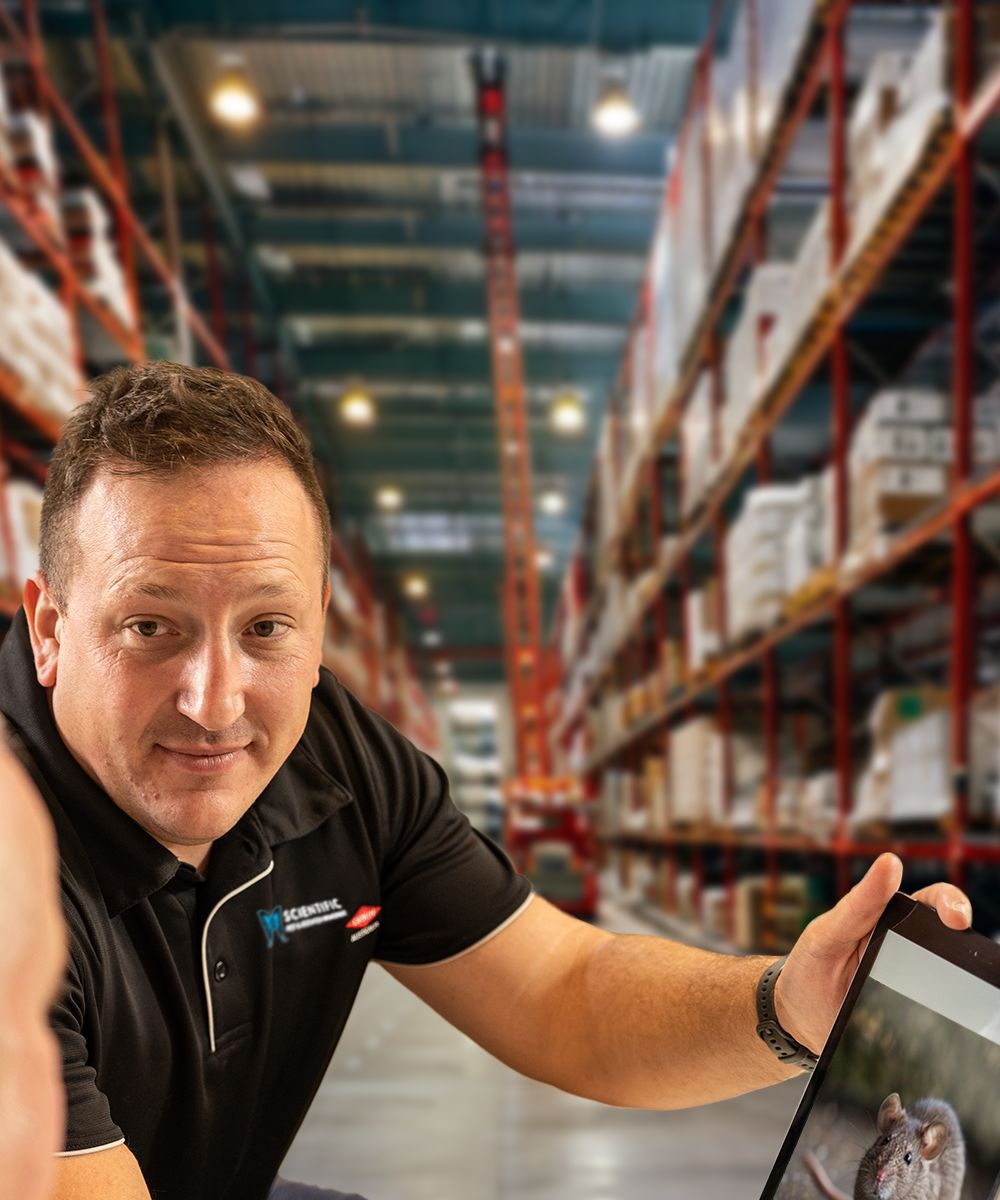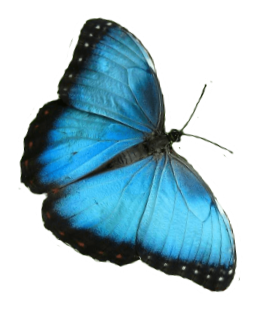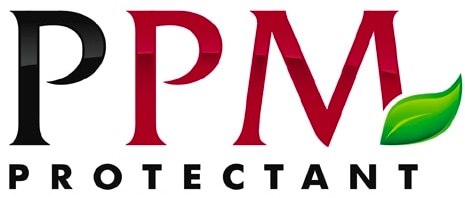Food Preparation & Catering
Delivering effective pest control and pest management services for commercial customers across Australia for over 40 years.


Content suitable for
- Chefs
- Owners/Managers
- Procurement Managers
- Quality Assurance Managers
- Other Managers
Scientific Pest Management has provided responsive and programmed pest management services across Australia for over 40 years.
We provide both audit and compliance services to food preparation and catering facilities. Our tailored services include but not limited to:
- Understanding your premises/facility design to identify entry/hiding areas of pests
- Understand your kitchen and preparation areas
- Understanding the supply chain
- Building maintenance and exclusion practices for pest management purposes
- Advice on good housekeeping and hygiene practices
- Pest management inspections and monitoring
- Physical control methods
- Chemical control methods
- Habitat/environment management
We do not provide the same strategy for each client – we actually understand your catering business, its demands, the premises along with the environment that you are surrounded by i.e. water, surrounding industries and businesses etc. as no premise is the same. We then tailor a pest management strategy around that. Also, your pest management strategy will evolve and change due to seasons along with different changes in the local environment.

Common pests faced within the Food Preparation & Catering Industry
Common pests faced by the food and beverage industry are as follows:
Ants
Even though ants do not eat a lot of food, it doesn’t take long for ants to infiltrate your inventory and stock held at your kitchen and storage. Once ants get into a building, they leave an invisible trail for others in their colony (hundreds or thousands of ants), to follow. Because of their strong survival instincts, ant colonies can be very difficult to control once inside your facility. Ants can contaminate large quantities of your inventory and product, therefore requiring you to discard them due to health purposes.
Beetles & Weevils
Beetles and weevils generally infest food that contain cereals and grains, flour, seeds, buts, dried fruit, chocolate, spices and processed foods. In addition to making food unfit for human consumption, these insects can change the physical and chemical properties of these raw product ingredients, causing them to ‘cake’ during processing.
Cockroaches
Cockroach can cause hygiene and health issues by carrying disease-causing bacteria and introduce this to your food. Good sanitary and hygiene practices are required to help prevent infestations and issues. Cockroaches may enter from and hide in areas through spaces, pipe, windows and junction boxes to name a few. As cockroaches are primarily nocturnal, they are generally not visible to the human eye, choosing to come out when the premises is closed.
Flies
Flies are one of the most common carriers of diseases in Australia. Also, flies are a common pest to the food industries. Flies carry more than 100 pathogens which can cause disease in humans, such as E. coli, parasitic worms and fungi. It’s important to identify which species are present as each has its own attractants and breeding habits. Fly species found in the food industry include:
1. Drain Flies
A different specie to the common fly; these flies breed and thrive inside your drains. Drain Flies are attracted to food odours.
2. Fruit Flies
Fruit flies are attracted to food odours. You generally find fruit flies when fruit inventory supplies are either ripe, rotting or decaying. Fermenting sugary liquids are an attraction to Fruit flies which allows them to feed and breed. This liquid may accumulate in garbage bags, drains, spills and even cracks in wet floors. Fruit flies may also exist during the fermentation periods in the liquor industries such as wine, beer and other alcohol processes.
Mites
Mites can generally infest stored products such as cereals, cheese, nuts, eggs, fruit and flour. They can enter packaged items made of paper, cardboard, plastic, cellophane and foil. As the entrance holes may be too small for the human eye to be seen, packaging may harbour these insects inside without being detected.
Moths
There are different types of moths but depending on each breed, moths can generally infest ingredients and dry food products that contain nuts, dried fruits, flour, cereal, oil seeds, cocoa beans and grain. In addition to making food unfit for human consumption, moths can change the physical and chemical properties of these raw product ingredients, causing them to ‘cake’ during processing.
Rats & Mice
Rats and mice can cause hygiene and health issues and generally breed and infest areas that are close to food, whether this is due to your premises or neighbouring premises.
Rodents can enter through gaps in roofs, walls and under doors. They can also enter from food suppliers or delivery vehicles or through migration.
They can contaminate access routes and surface areas with urine, droppings and filth picked up from the environment. Rodents transmit diseases such as Salmonellosis, Leptospirosis and Lyme Disease. They also carry ectoparasites, like ticks and fleas, and the diseases they transmit.
Rodents can also cause damage and potential health issues when they come into contact with food, packaging or equipment and machinery along with your preparation areas.


Our Quality Assurance and Formal Accreditations
Scientific Pest & Vegetation Management operates a Quality system in accordance and compliance with AS/NZS ISO 9001 with formal accreditation programmed for the near future. Left is the necessary information.
Looking for a Pest Management company that cares?
For an integrated Pest Management Program tailored to your business needs, be sure to contact us. We will be more than happy to meet with you to discuss your requirements.


FREE QUOTES for our Pest Control & Pest Inspection Services
We provide FREE QUOTES for Pest extermination.
Services including ongoing protection of your home/business giving you peace of mind.



